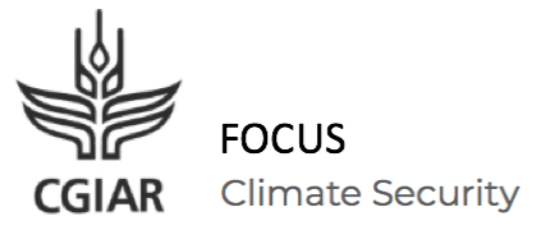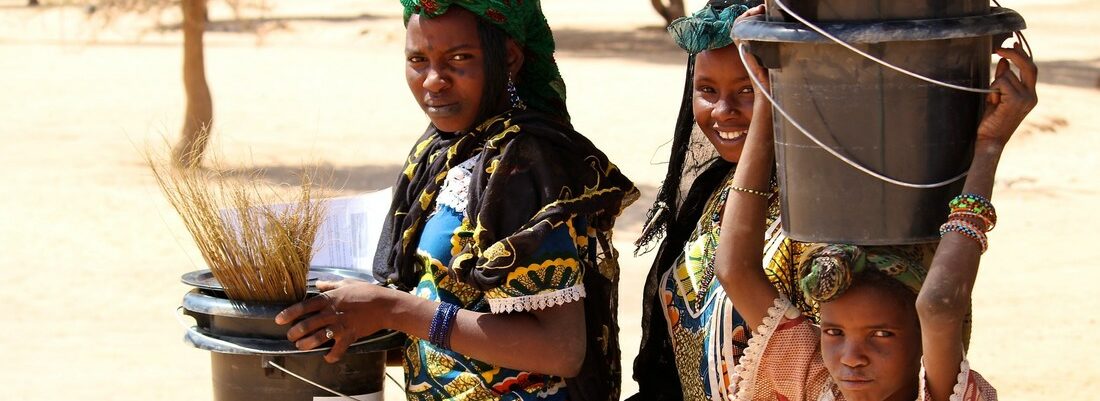CGIAR is a global agricultural innovation network which includes 15 research centres, eight programs on agri-food systems and four cross-cutting integrating programs across the globe. CGIAR centres and programs contribute to global challenges around food systems and focuses on climate change, natural resources and rural-urban linkages, directly addressing climate change and conflict in the context of the humanitarian, development and peace nexus. CGIAR brings together agricultural, climate, environmental and social sciences to identify and address the most important interactions, synergies and trade-offs between climate change and agriculture. The work of CGIAR makes agri-food systems environmentally and socially sustainable by addressing the regeneration of degraded landscapes, land and water solutions, migration, rural-urban linkages and gender, youth and inclusivity.
Conflicts are often driven by multidimensional interactions between environmental, economic, social and institutional factors. Climate change is increasingly recognised to exacerbate the risk of conflict development, via cascading and interacting effects across socioeconomic and political systems. Climate-related factors impact conflict dynamics in multiples ways, hence the concept of climate security, i.e. climate change-induced security risks for human and natural systems, needs to be considered in conflict management and strategic policymaking processes. Until recently, issues around conflict and fragility have been addressed from a symptomatic rather than holistic perspective. The need to integrate climate change and food systems thinking into conflict management is only now being acknowledged by academia, development and governmental agencies. Understanding and systematically analysing the root causes and the role climate security plays for conflict and peace is key to plan and implement interventions addressing and preventing conflict.
It is well documented that climate change will accentuate stresses in many of the world’s vulnerable systems such as agriculture, energy systems, water resources, human health, the economy and undermine the general living conditions in which we currently exist (Scheffran and Battaglini, 2010). It is thought that security risks and violent conflict may well be a stress factor arising due to the overbearing pressure on the systems we currently depend on to sustain human life (IPCC, 2007). According to a study conducted by the CNA Corporation, climate change has the ability, to lead to increased boarder tensions around the world, influence large-scale migrations, induce conflict over water and food shortages and the acceleration and mass spread of disease, all of which have the capability to catalyse instability and conflict in even the most stable regions of the world (CNA Corporation 2007).
The linkages between climate change and security have found their way into international contemporary politics, with climate change being defined as an impending security threat (McDonald, 2013). The security threats posed by climate change have been identified and explored by many of the world’s leading organizations such as the United Nations Security Council (UNSC), the UN General Assembly (UNGA, 2009), the UN Environment Programme (UNEP, 2007) the UN Development Program (UNDP, 2007) and the UN Secretary General (Moon, 2007). Along with these extensive reports, there has been a substantial increase of peer-reviewed literature on the complications climate changes poses to global security.

